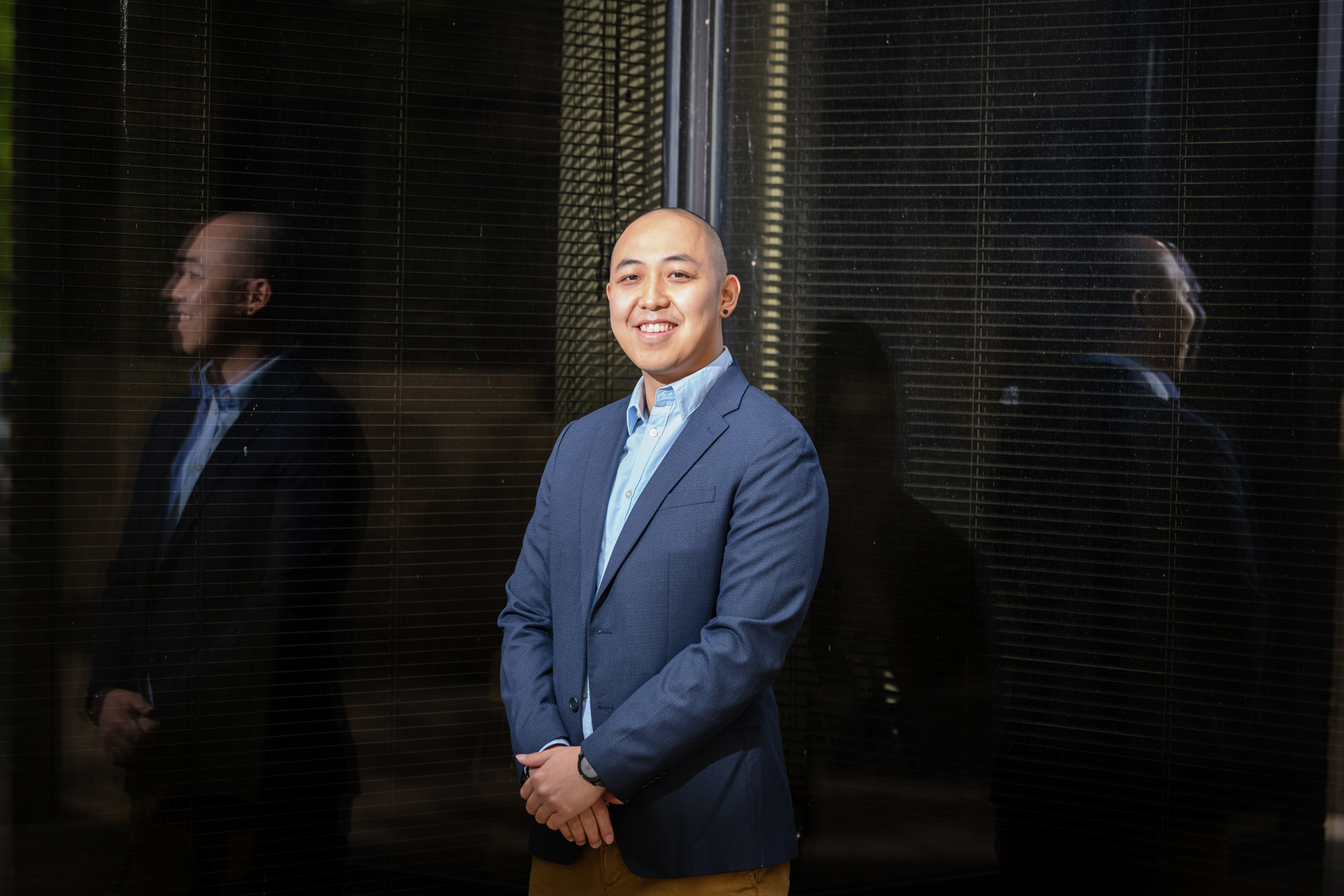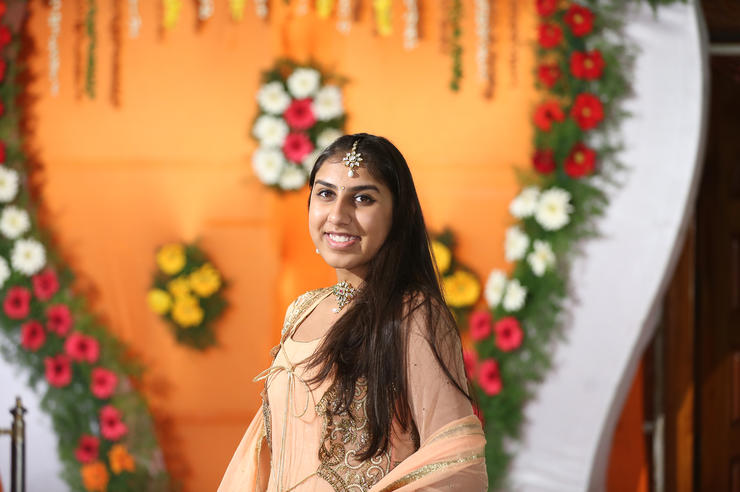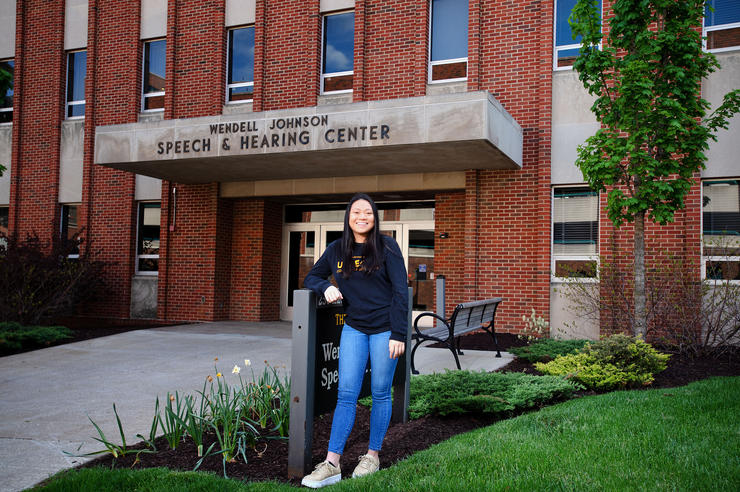Figuring life out, together

Laurence Chan wasn’t sure what he wanted to do with his life until he was in his fifth year at Brooklyn College in his native New York City.
“I was an English major, but writing is my worst subject,” says Chan. “I don’t know what I was thinking when I did that.”
That fall, he took a psychology course and the light suddenly came on. The more he learned about psychology, the more he realized he wanted to be a counselor and help other people.
“I appreciated how it was therapeutic for people to talk, to create a space for honest conversations, to ask questions and find out what was making an impact in their lives,” says Chan.
“There’s still lots of stigma attached to reaching out for help with mental health issues, and often not a lot of knowledge about what counseling is or how it helps. Outreach explains to people what it is and how it might help them, and it puts a name and a face to it so people feel at ease and they know there’s people who can help.”
What he was really interested in was delving into how peoples’ backgrounds—where they grew up, their social class, racial or gender identity, or their family dynamics—influenced the direction of their lives.
Once he figured out what he wanted, Chan jumped in with both feet. After earning his BA in psychology from Brooklyn College, he earned a Master’s in Education and an MA in psychological counseling from Columbia University in New York. From there, he came to the University of Iowa to study for his doctoral degree in counseling psychology from the College of Education. He expects to graduate in 2021 after completing a one-year internship at the Veterans Affairs hospital in Atlanta, which starts this August. He’s also published and presented papers on racism, gender identity, and social class.
While at Iowa, Chan has been heavily involved in programs helping others. He’s worked as a psychology trainee at Project HOPE, University of Iowa Counseling Service, Shelter House, the Women’s Action & Resource Center, and the Veterans Affairs hospital. He’s also a part of the Opioid Workforce Expansion Program, which trains behavioral health professionals to address the mental health needs of people in underserved rural areas.
Chan says this kind of outreach is an important part of his life and his professional development to more widely promote the value of therapy in a person’s life.
“There’s still lots of stigma attached to reaching out for help with mental health issues, and often not a lot of knowledge about what counseling is or how it helps,” he says. “Outreach explains to people what it is and how it might help them, and it puts a name and a face to it so people feel at ease and they know there’s people who can help.”
Chan has also felt it important to be a role model for other Asian American students at Iowa, and has been involved in the Asian American Pacific Islander community since just a few weeks after he arrived on campus in 2015. He and his then-adviser, William Liu, conducted a workshop on Asian American mental health issues and suicide risk, and the following spring they created and taught a class, Asian American Experiences.
The Counseling Psychology program in the University of Iowa College of Education has a long history of faculty and student achievement: faculty members are committed to excellence in teaching, research, and service, and they are among the national leaders in the field. Students in the program have gone on to a variety of positions nationwide and are contributing to many areas of the field.
“We tried to make it relatable for undergraduates and to help them think about what it means to be Asian American in the world and in Iowa. We chose topics we thought would be engaging, like dating, food, and family,” says Chan. He says he’s in a very different place in life than many of the students. He’s a doctoral student, while they’re undergraduates, for instance, and his New York City upbringing is different from Iowa City, which he realized while experiencing culture shock the first year after moving here.
But despite those differences, he says the Asian American identity is such that people from vastly different geographies, family backgrounds, and personal histories have shared experiences, such as encountering marginalization and other forms of racism.
He also recently helped create the new Pan Asian Council, served as an awards reviewer for the Asian Pacific Islander Desi American (APIDA) virtual graduation ceremony, and helped write a statement that was disseminated to the university body that condemned anti-Asian racism and xenophobia in the wake of the COVID-19 pandemic.
Chan says that after his year in Atlanta, he hopes to go into practice as a clinician in a hospital or community organization, where he plans to continue his work in behavioral health psychology with a focus on racial identity and social class. He also looks forward to continuing teaching and mentoring in various capacities.

